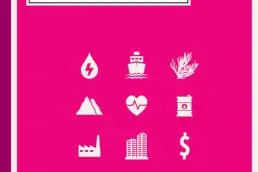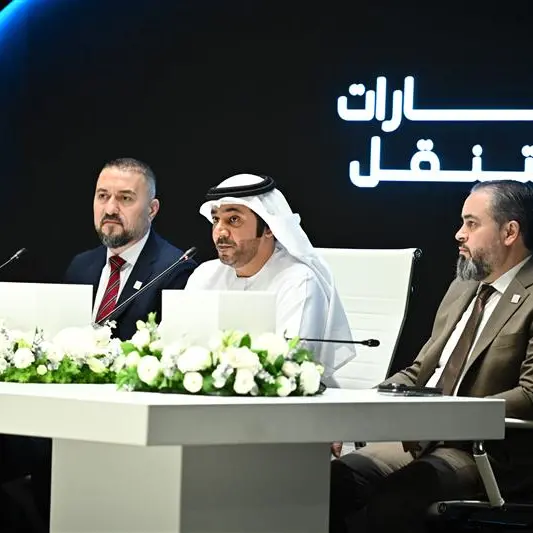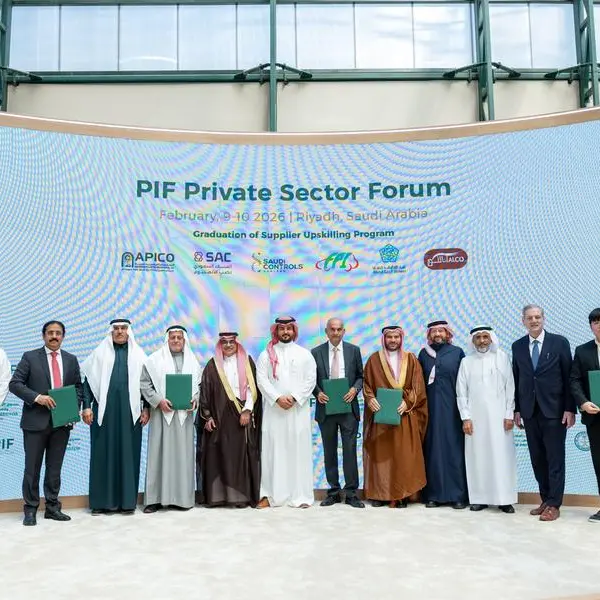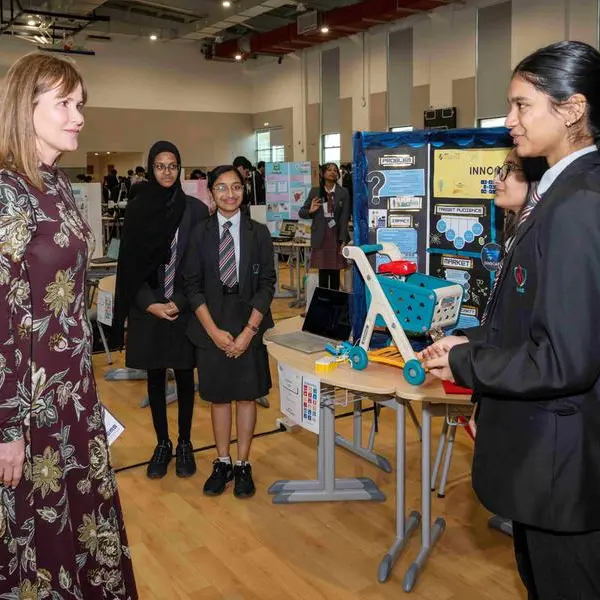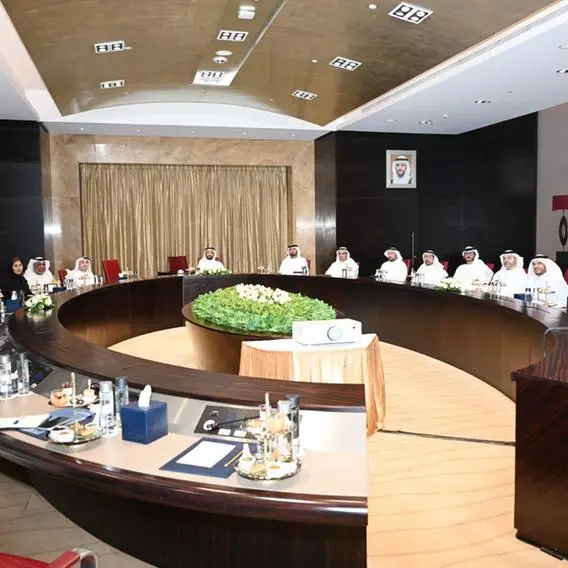PHOTO
· Key risk to the Energy sector: demand for air conditioning in typical UAE residential villas could increase between 10% - 35% by 2050
· Report aims to act as a catalyst for action -- increasing the prioritisation of climate change in the UAE, alongside greater implementation of evidence-based adaptation measures
· The report aggregates findings from an extensive literature review of over 100 scientific reports and incorporates feedback from over 30 UAE entities in the public and private sector, including academia and civil-society
· Publicly available at uae.panda.org; highlights of the report findings will also be shared through a free-to-attend webinar on April 10th, 2017
Abu Dhabi, UAE - A report produced by the Emirates Wildlife Society in association with WWF (EWS-WWF) [1] has revealed a comprehensive summary detailing the projected risks and impacts of climate change in the UAE. The report titled, ‘UAE Climate Change Risks & Resilience: An overview of climate change risks to 12 key sectors,’ which is available online today, demonstrates how climate change can affect various sectors such as food, energy and water. The report aims to improve awareness and understanding of the risks posed by climate change among public and private sector decision makers and policymakers. It is hoped that the findings and recommendations will act as a catalyst for action, increasing the prioritisation of climate change in the UAE, and encourage greater implementation of evidence-based adaptation measures.
The report incorporates feedback from over 30 UAE and regional entities, and outlines the key risks to 12 essential sectors in the country. These are; (1) Energy & Water; (2) Transport & Logistics; (3) Marine Ecosystems & Biodiversity; (4) Terrestrial Ecosystems & Biodiversity; (5) Health & Well-being; (6) Oil & Gas; (7) Industry; (8) Buildings, Construction & Real Estate; (9) Financial Services; (10) Cultural Heritage, Hospitality and Tourism; (11) Food Security: Domestic Agriculture, fishing and aquaculture; and, (12) Food Security: International Food Imports.
Key highlights from the summary report include:
· Food Imports, Production & Security: 87% of the UAE’s food supply is reliant on agricultural production abroad, and thus prone to climate change impacts. This will affect the reliability of international food markets and could contribute to a rise in food prices, with consequences for lower-income households making them more vulnerable to price shocks as a larger share of their budgets will be spent on food. Climate change will also impact the nation’s domestic agriculture, leading to an overall decline in agricultural output.
· Energy Sector: By 2050, average temperatures in the UAE are projected to increase by 2oC, along with humidity, which is likely to increase by up to 10%. The resulting increased demand for cooling from buildings and industry are likely to create an energy demand-supply gap over time, hamper energy security, increase costs to end-users and produce additional greenhouse gas emissions. For example, air conditioning demand (for cooling and fans) in typical UAE residential villas could increase by between 10% - 35% by 2050, depending on the future CO2 emissions scenario.
· Health & Well-being: Higher temperatures and humidity will decrease the productivity of outdoor workers and increase their overall risk, which is projected to cause losses of up to USD2trillion globally due to health-related impacts. Outdoor employees will likely slow their pace, take longer breaks and shift their work to cooler dusk and dawn hours.
· Economy: Climate change trends can also affect private equity investments. Due to their longer-term nature, some investments could be more exposed to climate change-induced business risks, making projections of returns and exit strategies more uncertain if climate change consideration are not properly taken into account from the outset.
Manuel Pulgar-Vidal, WWF's [2] global Climate and Energy Practice leader, said: “The well-being of societies, the growth and diversification of economies, and the preservation of the natural world, are at great risk from climate change. The latest findings in this report confirm that unconstrained carbon emissions have wide-reaching ramifications, and pose a sobering risk to nearly every sector of economy, business and society.”
Vidal added: “Taking action is a shared responsibility; we urge the private sector and governments to use these findings and take further decisive action; implementing tangible measures to increase resiliency and build cross-sector adaptation capacities to help mitigate the worst impacts of climate change.”
The final report, which summarises findings from an extensive literature review of over 100 scientific reports and data, was developed over the course of 2016, during which EWS-WWF conducted roundtable sessions to present findings, and engage on content with 60+ stakeholders in the public and private sector, academia and civil-society.
Laila Mostafa Abdullatif, Deputy Director General at EWS-WWF, explained: “The UAE is vulnerable to the impacts of climate change as are all countries around the world; its effects are already being felt, and are set to increase if we don’t act further. If these impacts and risks are left unmanaged, it could be more challenging and costly to achieve the UAE’s national strategies and plans. We encourage all private sector champions, public sector policymakers and civil society leaders to share the responsibility, and play a part in developing and implementing adaptation strategies to boost resiliency and safeguard the economy, society and environment— as outlined in the report.”
Also sharing his thoughts, Markus Oberlin, CEO of Farnek —the primary sponsor of EWS-WWF’s report — stated: “As a leading facilities management company, Farnek is committed towards building a culture of environmental responsibility in partnership with our stakeholders and beyond. We must create awareness both at the corporate level and collectively throughout the wider UAE community. This brings me appropriately to our sponsorship of the report. It is essential that the corporate world supports tireless organisations such as EWS-WWF, which shares our values through the invaluable work it does, broadcasting factual accounts of the risks facing our climate, why it matters and what must be done about it.”
The report was co-authored by Acclimatise; a specialist consulting, communications and digital application company working on climate change adaptation and resilience. The report can be downloaded free-of-charge at uae.panda.org. Highlights of the findings will also be shared through a webinar on April 10th, 2017. To sign up for the webinar, register online at this link.
-Ends-
[1] About Emirates Wildlife Society – WWF
Emirates Wildlife Society is a national (UAE) environmental non-governmental organisation established in 2001 under the patronage of HH Sheikh Hamdan bin Zayed Al Nahyan, Ruler’s representative in the western region and Chairman of Environment Agency-Abu Dhabi. Emirates Wildlife Society works in association with WWF, one of the world’s largest and most respected independent conservation organisations, with offices in 100 countries. The association is commonly known as EWS-WWF. Our vision is to build a future where humans live in harmony with nature. Our mission is to conserve nature and reduce the most pressing threats to the environment. We work with people and institutions in the UAE and region, to implement conservation solutions through science, research, policy, education and awareness. For more information please visit www.uae.panda.org
[2] About WWF
WWF's mission is to stop the degradation of the earth's natural environment and to build a future in which humans live in harmony with nature. The Climate and Energy Practice is WWF’s global programme addressing climate change, promoting renewable and sustainable energy, scaling up green finance, adaptation, engaging the private sector and working nationally and internationally on implementing low carbon, climate resilient development.
For more information, please visit http://uae.panda.org/ or contact:
Laura Hobeiche
Weber Shandwick MENA
Telephone: + 971 2 449 4457
Email: LHobeiche@webershandwick.com
© Press Release 2017
